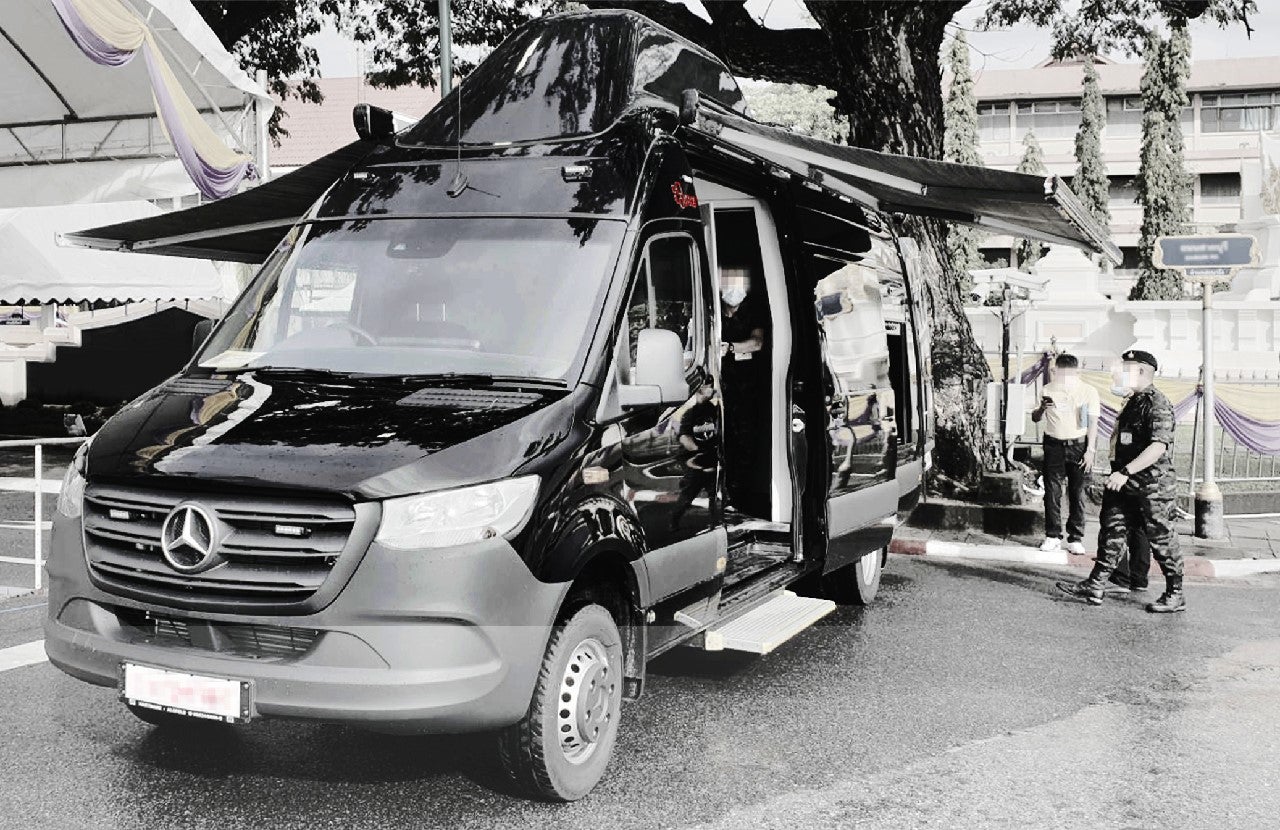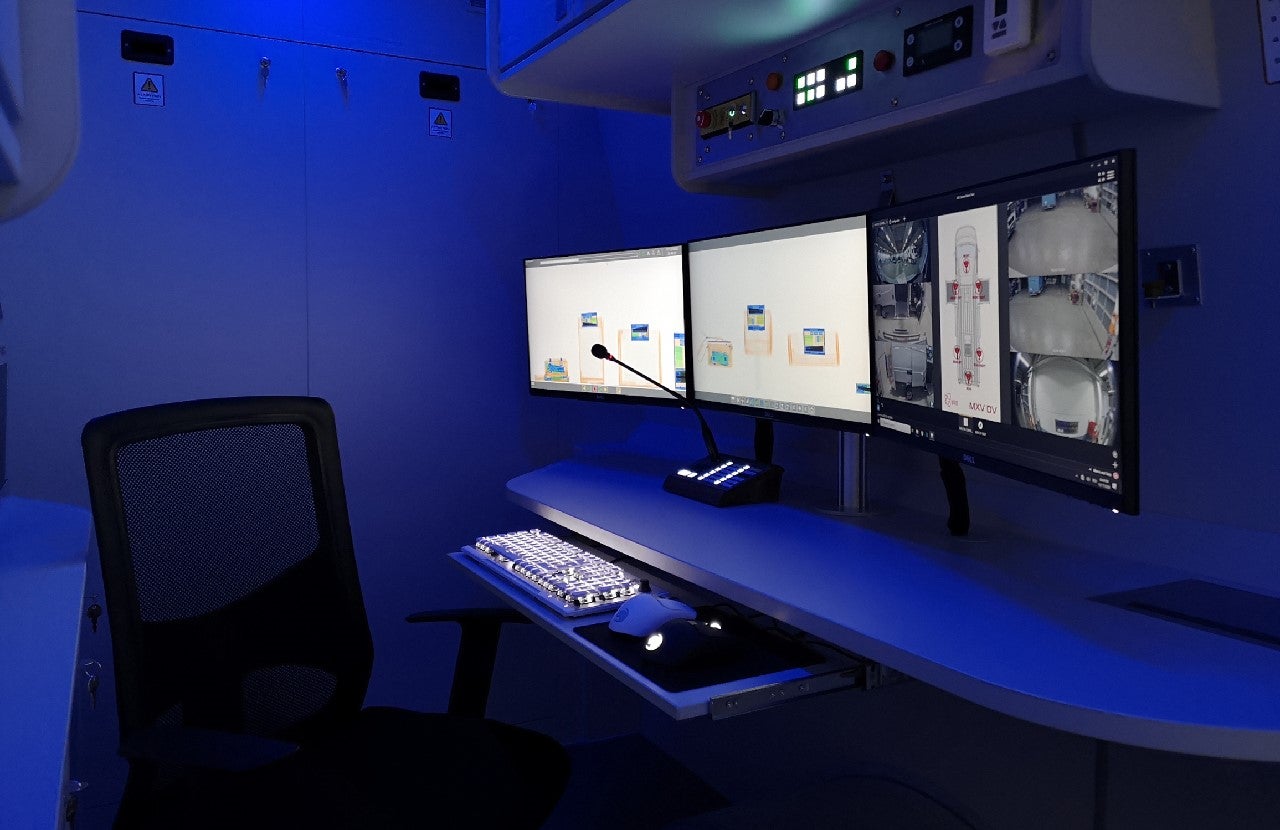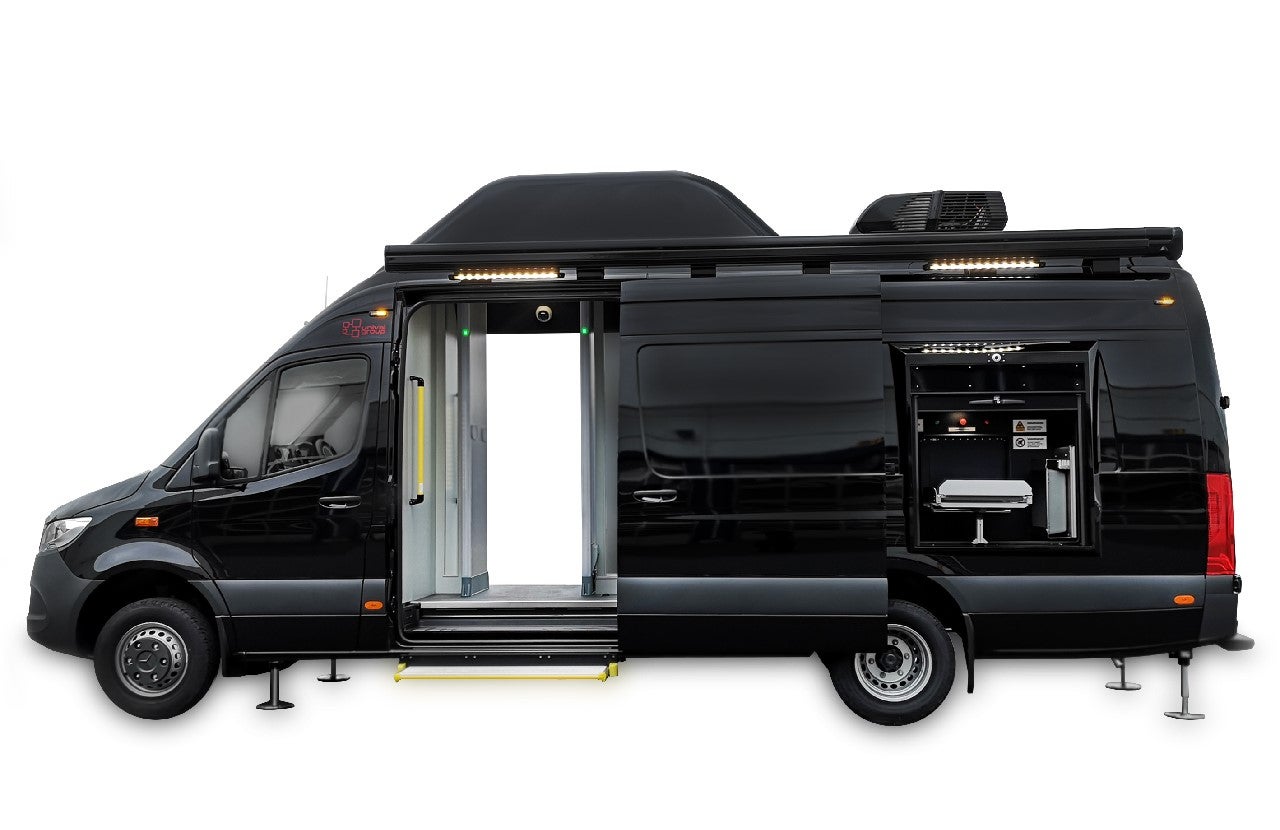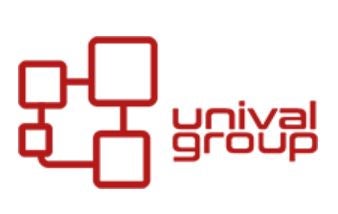
The ability to position security, surveillance, jamming and command capabilities exactly where and when they are needed is increasingly essential, and demand for mobile security solutions is on the rise. Security innovator unival provides specialised solutions built for flexibility to clients operating in unpredictable and changing environments. Here, managing director David Vollmar discusses why these solutions are so important and what goes into taking security mobile.
The rise of mobile security
“Mobile security is one of the strongest growing domains that we have,” says Vollmar. Its great appeal, he says, is its ability “to shift a checkpoint but at the same time have full screening or surveillance capabilities”.
Its applications are wide-ranging and growing in significance. “There is very strong demand in migration control and border protection,” says Vollmar. “Clients are looking for mobile units for people and baggage screening. This is going to be more and more a global phenomenon, because migration is going to be one of the key security issues that most governments will face in the coming years.”
Mobile solutions are particularly crucial when border and migration control demands screening capabilities in areas where there is no fixed infrastructure. Other mobile capabilities, like surveillance and security (including drone defence) solutions, have a broad variety of applications, from public security and law enforcement to event security and VIP services, where being able to bring in mobile solutions allows organisations to deploy security capabilities flexibly and at short notice.
Champion products
“Our MXV (Modular X-ray Van) has been specifically designed to provide on-demand high-quality screening of luggage and cargo, with all necessary systems integrated into a mobile platform such as the Mercedes-Benz Sprinter Van.
“Our MSS (Mobile Screening Solution) vehicle stands out as a very flexible mobile checkpoint that can be used for a large variety of applications. It is a fully-fledged checkpoint that includes people and baggage screening, along with all the other sensors that you would typically find at an airport checkpoint, including trace detectors, liquid detectors, passport control, face recognition and any other kind of biometric checks.” According to Vollmar, unival’s process meets Standard 3 of the latest stringent hold baggage screening requirements set out by the European Civil Aviation Conference (ECAC), meaning that a fully compliant control screening can be carried out directly at the aeroplane.
The screening applications for the MSS are not limited to airport security only. They can also be used for border control, stadiums, events, and VIP security. “We also focus on mobile surveillance vehicles,” adds Vollmar. “They are typically used for security surveillance for government organisations, public scenarios or remote scenarios. We equip the vehicles with all different kinds of cameras and sensors and integrate all these sensors in a management platform, which allows us to synchronize the information to send it to a remote control centre.”
By integrating more functions and sensors, such as video and alarm management platforms, unival’s new solutions increasingly pursue automation. “We are working both in fixed and mobile infrastructure scenarios on being able to operate remotely by not having to deploy experts in the field,” says Vollmar.

The unival approach
The company’s full portfolio of solutions means that unival is ideally positioned to provide clients with the option that’s right for them, whether that’s a stationary, mobile, semi-mobile or combined solution. “It’s very important to understand the requirements of the client and which sensors are needed,” says Vollmar. “Mobile security options can operate as a standalone solution or as an extension to stationary security.
“All our solutions offer clients outstanding functionality. They’re easy to use and provide multi-level security. We put a lot of research into identifying weaknesses and developing functionalities which are currently missing.” This goes hand in hand with achieving the best cost effectiveness for the client, adds Vollmar.
Customisation is also key to unival’s offering. The company provides one-off products for specific events or VIP requirements. As well as this, all its concepts are modular, meaning functionality can be added as required and integrated with existing infrastructure. “As an integrator, we are more flexible and can create vehicles which offer more features and/ or sensors as we can use components from a wide portfolio.
Another characteristic of unival’s approach is connectivity. Even before remote working became top of many companies’ priorities during the pandemic, unival was already working with remote tools. This is part of what sets unival apart from its competitors. “In the market, vehicles were mainly considered as standalone solutions,” says Vollmar. “We brought connectivity and the ability to add to existing infrastructure.”

Looking forwards
With clients seeking ever more functionality in their fleets, the scope for research and development in the mobile security market is broad. unival is committed to continued innovation. Sensors are becoming more commonplace in mobile solutions and integrating them will remain central to the company’s approach, along with remote control capabilities, which allow vehicles to be operated with fewer personnel onboard.
Vollmar also looks forward to offering further customisation in different markets. “One of our big advantages is that we can regionally customise solutions,” he points out. “A vehicle that operates in Europe has to have different capabilities than a vehicle deployed in the Middle East or Africa”.
Recent events have served to further emphasise the importance of mobile solutions. During outbreaks of Covid-19, for example, the addition of mobile screening vehicles at stadiums and event venues during peaks in demand could increase throughput and reduce queueing, reducing the chance of spreading infection. As the market continues to move forward, the value of solutions such as these is likely to continue to grow.



